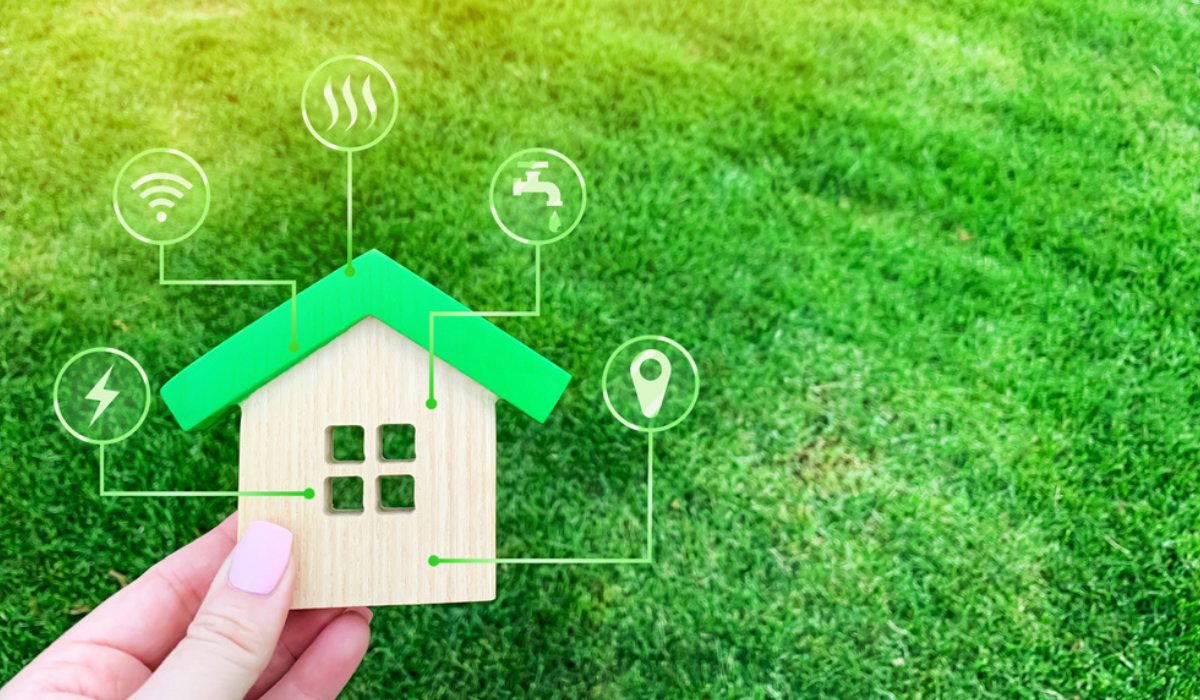Energy-efficient home improvements can provide a wide range of benefits for homeowners. Not only can these improvements help to reduce energy consumption and lower utility bills, but they can also improve the overall comfort of a home, increase property value, and reduce the home’s environmental impact. In this article, we will explore the various advantages of energy-efficient home improvements, including financial, environmental, and personal benefits.
Financial Benefits
One of the most obvious advantages of energy-efficient home improvements is the potential for financial savings. By making your home more energy efficient, you can significantly reduce your energy consumption and lower your monthly utility bills. This is especially important in the summer and winter months, when energy consumption tends to be at its highest due to the use of air conditioning and heating systems.
For example, upgrading to Energy Star-certified appliances can save homeowners an average of $300 per year on their energy bills. Similarly, sealing air leaks and adding insulation to attics and walls can help to prevent heat loss in the winter and heat gain in the summer, leading to further energy savings.
In addition to the immediate financial benefits of energy-efficient home improvements, these improvements can also increase the value of your home. Energy-efficient homes tend to be more attractive to potential buyers, as they offer the promise of lower energy costs and a more comfortable living environment. As such, energy-efficient improvements can help to increase the value of your home, making them a wise investment for homeowners looking to sell in the future.
Environmental Benefits
In addition to the financial benefits of energy-efficient home improvements, these improvements can also have a positive impact on the environment. By reducing energy consumption, you can help to decrease the demand for fossil fuels, which are a major contributor to climate change.
For example, switching to a solar energy system can help to reduce your home’s carbon footprint by reducing the need for fossil fuels. Similarly, upgrading to Energy Star-certified appliances can help to reduce greenhouse gas emissions, as these appliances are designed to be more energy efficient than standard models.
Personal Benefits
Energy-efficient home improvements can also provide a range of personal benefits for homeowners. For example, sealing air leaks and adding insulation can help to improve the overall comfort of a home by reducing drafts and helping to maintain a consistent temperature. This can be especially important for homeowners who live in climates with extreme temperatures, as it can help to reduce the need for constant heating and cooling.
In addition to improving comfort, energy-efficient home improvements can also help to improve indoor air quality. For example, sealing air leaks and adding insulation can help to prevent the infiltration of outdoor pollutants, such as dust and allergens. This can be particularly beneficial for homeowners with allergies or respiratory issues.
Finally, energy-efficient home improvements can provide a sense of personal satisfaction for homeowners who are looking to do their part to reduce their environmental impact. By making your home more energy efficient, you can feel good about the role you are playing in reducing your carbon footprint and helping to protect the planet for future generations.
Conclusion
Energy-efficient home improvements can provide a wide range of benefits for homeowners, including financial savings, environmental benefits, and improved personal comfort. Whether you are looking to reduce your energy consumption, lower your utility bills, or simply do your part to protect the environment, energy-efficient home improvements are a smart investment that can provide long-term benefits for you and your home.





Leave a Reply